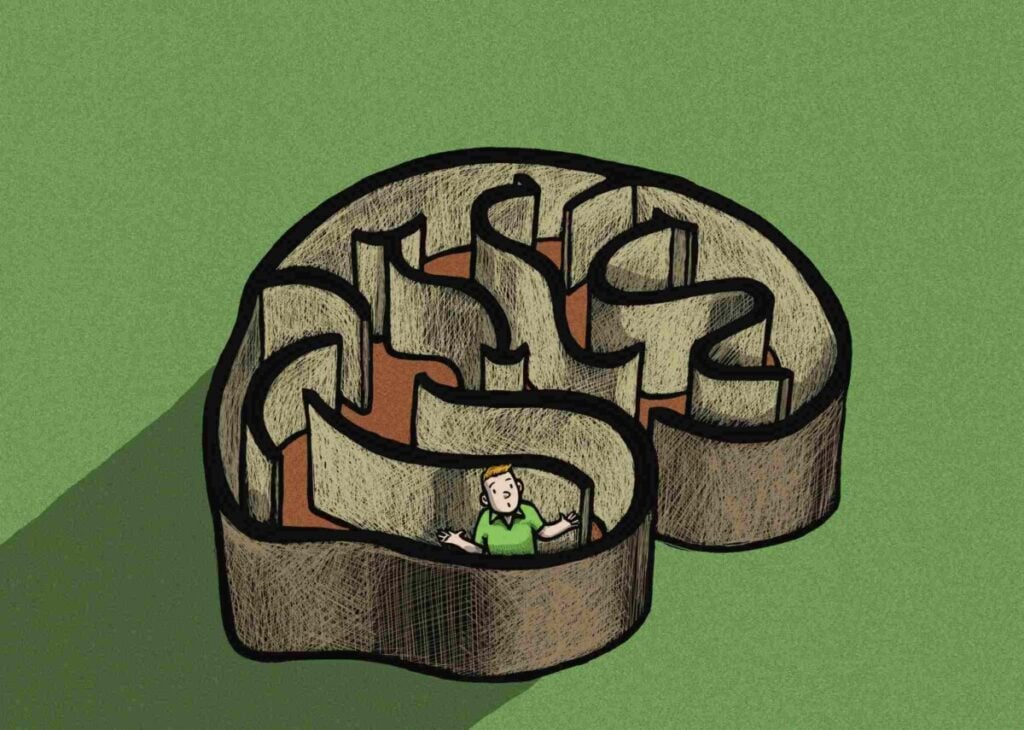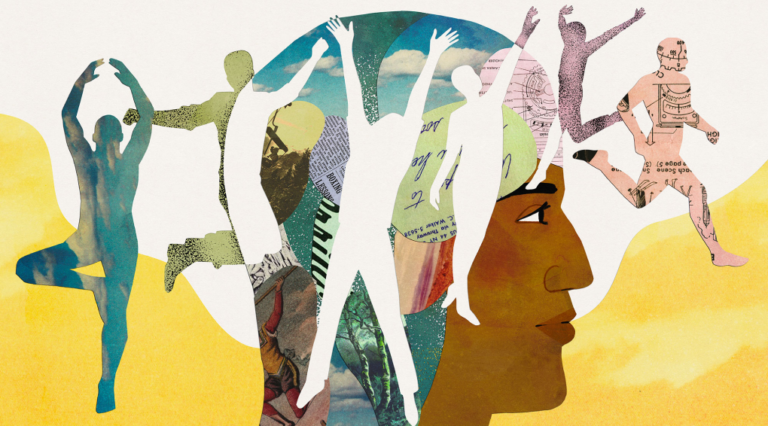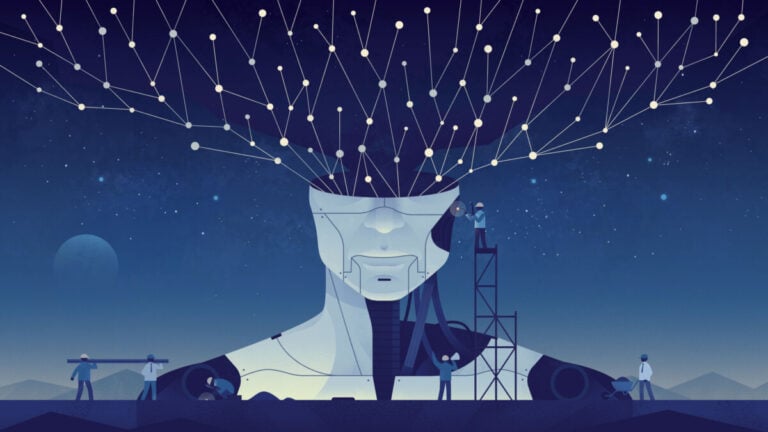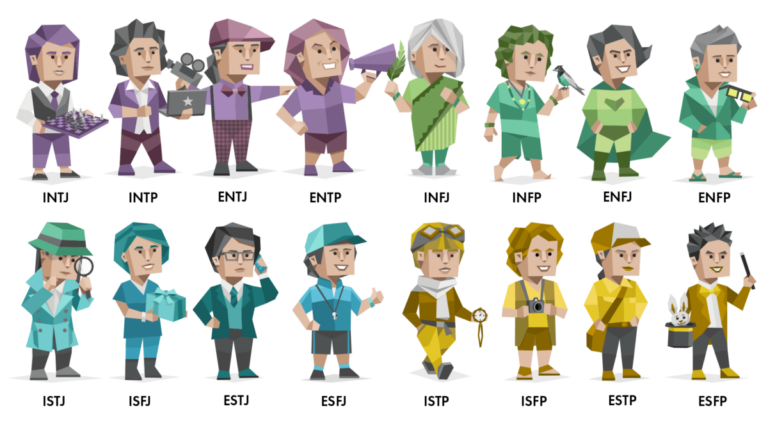Decision making is one of the most important functions of our brain. Our life, our success, our happiness depend on how we make decisions. However, decision making is a complex process that can be influenced by our emotions and biases. In this article, we’ll look at how our emotions and biases influence our choices.
Emotions and decision making
Emotions play an important role in decision making. When we make a decision, our brain processes information and makes a choice based on certain criteria. However, our emotions can override these criteria and influence our choices.
For example, imagine that you are faced with two options: buy a new car or save money for a trip. If you feel insecure about your financial capabilities, this may influence your decision. You may choose to buy a car to feel successful and confident, even though it may lead to financial problems in the future.
On the other hand, if you feel a strong desire to travel, then it may override your rational thinking and you may choose this option even if it is not the best in terms of your finances.
Therefore, it is important to learn to control our emotions and not let them influence our choices. To do this, you can use various methods such as meditation, deep breathing, or simply giving yourself time to think about the decision.
Biases and decision making
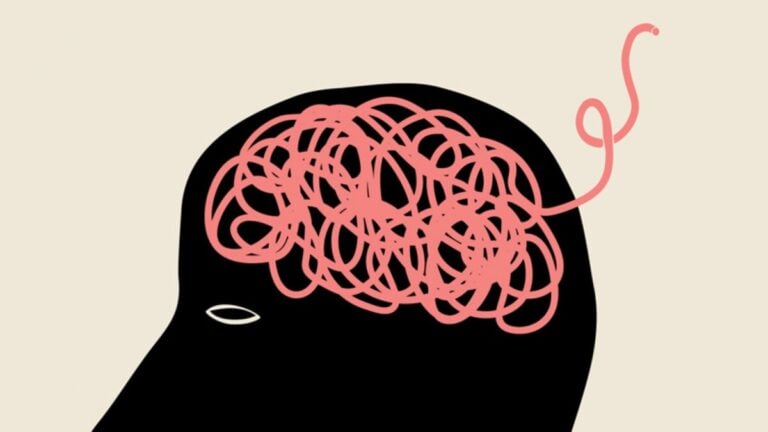
Using biases in decision making can lead to poor choices and even discrimination. For example, if you have racial bias, this may influence your choices when you hire a new employee. You may deny a job to a qualified candidate simply because of their race.
To avoid using biases when making decisions, it is important to recognize their presence and try to overcome them. For example, if you realize that you have gender bias, then you can try to make your choice based on the qualities of the candidate rather than their gender.
It is also important to note that prejudice is not always malicious or intentional. They can be shaped by upbringing, environment or habits. However, it is important to understand that they can influence our elections and lead to poor decisions.
How to make decisions without emotions and prejudices?
While emotions and biases can influence our choices, there are ways to help us make decisions without them influencing us.
- First, it is important to analyze all available facts and data. It is necessary to carefully study all options and make a choice based on rational thinking.
- Secondly, it is important to make decisions based on your values and beliefs. If you know what’s most important to you is family and health, then you can make decisions that align with those values.
- Thirdly, it is important not to be afraid to take risks and be prepared for mistakes. No one can make perfect decisions all the time, so it is important not to be afraid to make mistakes and learn from them.
What is important to know
Decision making is a complex process that can be influenced by our emotions and biases. However, there are ways to help make decisions without being distorted by emotions and biases, such as the use of objective data and analytical methods.
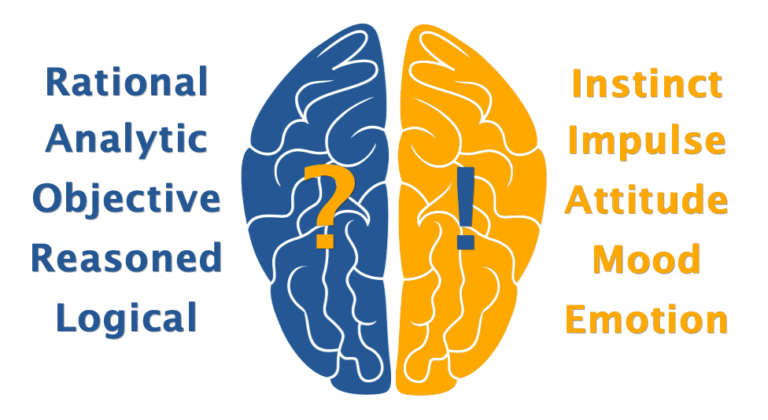
It is important to be aware of emotions and biases so that you can make choices based on rational thinking and values. It is also necessary to prepare for mistakes and not be afraid to take risks.
In addition, when making decisions, you can use various techniques and tools that help you make a choice based on objective facts. For example, SWOT analysis, decision tree, Eisenhower matrix and many others.
It is important to note that decision making is a process that requires time, energy and focus. Don’t rush into choosing and make a decision based on emotions or prejudices. It is important to conduct analysis and collect all the necessary information before making a final choice.
